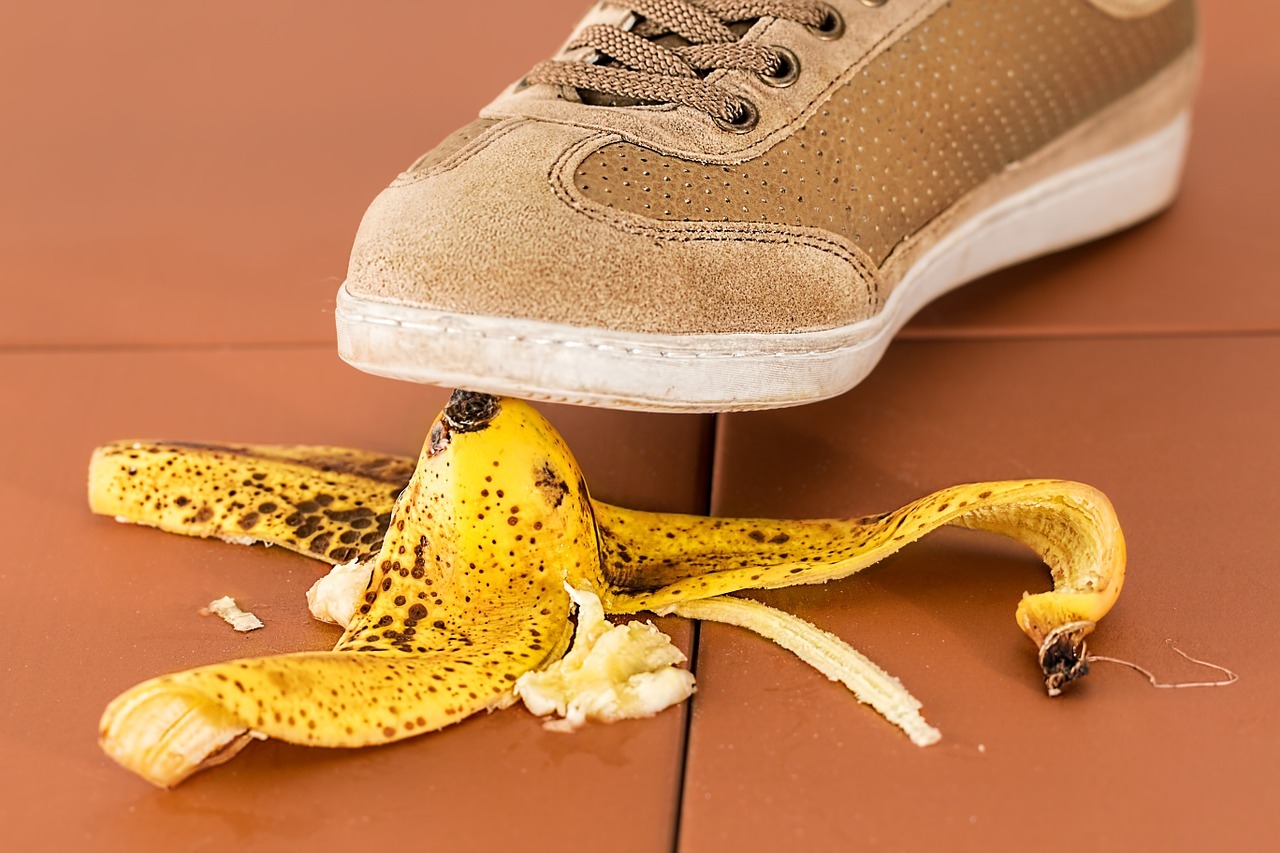You are self-employed and the main breadwinner in your home. Are you worried about the financial impact if you get sick or injured?
You can get personal accident insurance to address the risk and lessen the financial blow!
The latest Government statistics state that 3.9m working days were lost due to illness and injury. For the employed these accidents and sicknesses are usually covered by work-place benefits and schemes. Ok, there is still disruption, pain and discomfort but the financial downside is softened.
If you are self-employed and the main or sole breadwinner at home – you and your family may face real difficulties. Fortunately, there is a range of insurance to help.
The two most important types are Personal Accident Insurance and Income Protection. Typically, these types of policies are combined so that Personal Accident Insurance will provide:
- a lump sum if you or an insured employee are injured, left permanently disabled or die from your injuries as the result of an accident – accident protection.
- a weekly payment whilst you or an insured employee are not able to work because of injuries sustained as the result of an accident – income protection.
Some more details.
Personal accident (PA). PA cover normally has a list of injuries (that need not happen at work) and amounts that the policy will pay out. A PA policy will offer you options for how much protection you want. There are specific sums for a broken wrist or a severed hand – and much larger tariffs against severe injuries like partial or blindness or disablement. The more premium you pay the larger the pay-out or wider the cover. You can often pay the premium on a monthly or weekly basis.
Income Protection (IP). IP plans can be short term (often 2-5 years) or long term (pay out until you recover or retire). After you suffer an injury and can’t go back to work, then a combined policy will pay out a % of your weekly income for a set period. After that period, the payments cease – but hopefully you will have recovered or moved on by then.
In summary IP:
- Replaces a % of your income – if you can’t work because you become ill or disabled.
- Pays out until you can work again – or until you retire, die or the end of the policy term – whichever is sooner.
- There’s often a waiting period before the payments start. Payment often start after any sick pay ends, or after other insurance stops covering you. The longer the period between injury and claim for income protection, the lower the monthly premiums.
- Covers most illnesses that leave you unable to work – either in the short or long term (read the policy description as there will be differences).
Do I need cover?
Your business probably already has employee’s liability insurance! The other side of protecting the workers is to protect your business and workers’ income if they can’t work – remember you are an employee of your business.
2,000 in every 100,000 workers are ‘hurt’ at work per year! On average, each person suffering took around 16.5 days off work.
If you depend on your business to feed your family and your business depends on you, or a few key people, to maintain its earnings, then you should probably get some sort of accident and income protection policy.
Just check out these facts about accidents in the work place and see if you think you need insurance.

You can find out more about all types of business insurance on our website.
